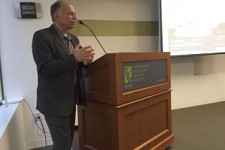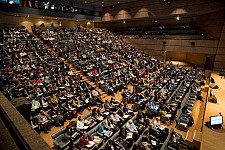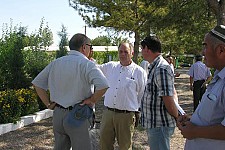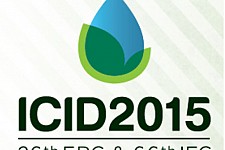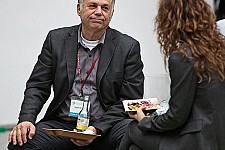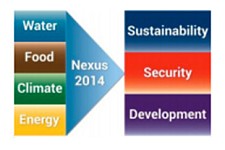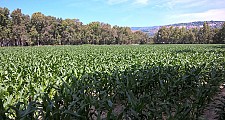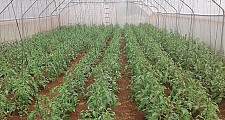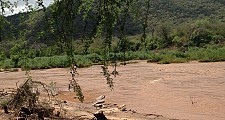I spoke on the "Hidden Opportunities for Agricultural Employment" at the World Water Week in Stockholm.
World Water Week is the premier water conference in the world. It is organized by the Stockholm International Water Institute and brings world leaders to the conference center in downtown Stockholm each August. The theme of this year's World Water Week was "water for sustainable growth" and hundreds of papers, contributed from scholars and agencies from all continents, were presented on various topics related to sustainable growth. The week-long program consists of plenary sessions, seminars, special events, hosted events, awards ceremonies, exhibitions and social events.
This was the jubilee year for World Water Week and, as always, is the best week for networking among water professionals and political leaders.
The seminars are organized by subject tracks. I presented this year on the first day of the conference in the track entitled "Water and job opportunities: a critical nexus for growth"
My presentation was entitled, "The hidden employment opportunities in agriculture"
I posited that the absence of a robust agricultural and irrigation input supply chain set of institutions and organizations in the Least Developed countries is a cause for stagnant and insufficient growth in the agricultural sector. Establishing these organizations similar to those we find in the developed world will not only lead to significant and positive agricultural growth but will also create thousands of gender and age neutral jobs. I posit that this is an important win-win and an imperative proposition.
If well-managed, agriculture has an enormous economic growth potential: for example, intensive farming and other climate-smart agriculture measures, as well as a focus towards including manufacturing jobs in agriculture could multiply the employment footprint of the sector. Leveraging simple, market-based, affordable, repairable technologies (SMARTechs) are an additional way of increasing rural water access and creating local employment in the agricultural sector.









